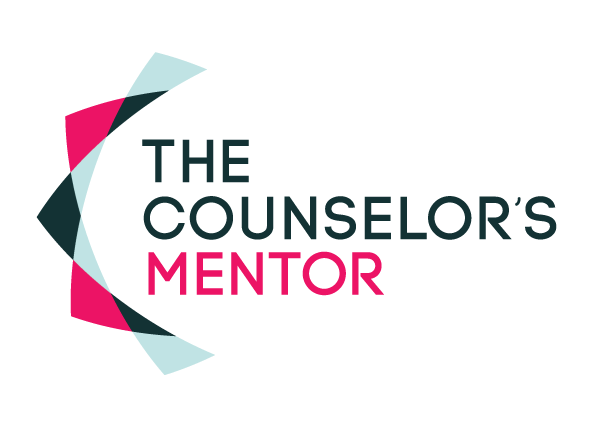So often, when preparing for an interview, we prepare by thinking of the best and most appropriate ways to answer the anticipated battery of questions: “What do you consider your strengths?“, “Tell me about a time when you had a difficult client and how did you approach him/her?” “What would your last supervisor say about you?” etc. While yes, these questions are important to prepare for, you also have a second piece of preparation. This blog will review the portion of the interview preparation that is even more important.
There are two purposes for the first interview:
1.) Make yourself an appealing candidate by showcasing your personality, ability, and capacity to do said job well AND
2.) Acquire information about the business to ensure it compliments who you are.
While the interviewer is looking to see if you have the specific attributes and qualities they are looking for, it is also you who is determining if the company or agency is right for you. The interview is intended to be a mutual exchange that highlights the potential for a complimentary professional engagement based on day to day logistics, but more importantly, morals, missions, and values.
During the course of preparing for an interview, it is important to accumulate certain background information of the organization, agency, or institution (hint: often available online). What questions you say? Below are a list of suggested questions to ask during your interview:
- How would you describe the workplace culture?
- What do you like about the mission and values of the agency?
- What is a typical day in the life of my position look like?
- I’m looking to settle into a position for as long as possible. What opportunities for growth, both financially and professionally are there?
- Some of my primary values are X, Y, and Z. How do you feel your agency values and my own will complement one another?
- My goal is to obtain experience in blank (ie: working with individuals who struggle with substance abuse; create a group program; do community speaking engagements). Do you think this agency is willing to foster that?
- What is the job compensation for this position? Is it negotiable?
- Who would be my primary supervisor/manager? How would you describe his/her personality? How long has he/she worked here?
- If I was a successful contributor to this team/agency, how would you know? What qualities or traits are you looking for?
Most candidates are reluctant to ask some of these questions for fear of “coming on too strong.” And while the second interview may be a more appropriate time to ask these questions, you may not GET a second interview. Heak, you may not even WANT a second interview after you hear their answers. The future of your soundness and peace of mind rests on the answers to some of these questions. Don’t wait on others to provide you with information you need to know– ask it, seek it out.

